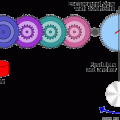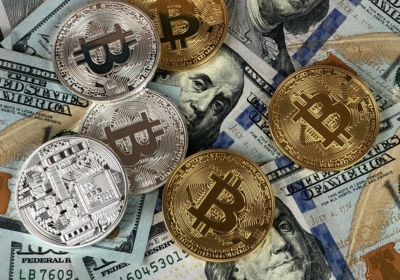Over the last several years of Internet marketing’s major boom, Google has come up with new techniques to stop companies from “cheating” their way to the top of search engine results. They’ve designated certain penalties to be dished out to those who fail to keep up with Google’s stiff standards. The peaks of these penalties happened in 2012, when the search engine began going after keyword stuffers and website manipulators, but the penalties are evolving all the time.
Google’s most recent announcement stated that starting April 1st of this year, any website with mobile-friendly capabilities will be penalized. This is just one of the many examples of Google’s attacks on what they deem as unworthy websites for their top results, but it’s not the only one.
In fact, the most common of Google’s algorithm penalties generally fall into one of two categories: Panda and Penguin, and the key to SEO success is found in overcoming them.
Panda
In February of 2011, Google unleashed one of their biggest penalties of all time: the Panda penalty. This penalty revolves around anything to do with the content of the website. The goal is to target those who have pillaged content from the original source, creating duplicate articles within Google’s search results. Google’s main goal is to keep their searchers happy, and no one likes to open a second article on a single topic, only to realize that it’s the same article they just read posted on a different website.
The Panda penalty is continually being updated to deliver the most relevant search results, and since it’s initial goal to stop duplicate content, it has expanded to include doling out penalties to websites that post thin, irrelevant content, poor user signals, low-quality user experience, lack of credentials within content, and over optimization to name a few.
The best way to overcome a Panda penalty is to do the following:
- Don’t try to trick search engines with overused keywords and faulty social signals.
- Integrate social media sharing buttons onto your website.
- Keep your linking neat and accurate; avoid excessive anchor text.
- Minimize cross-links from your own sites and maximize earned links from prestigious, outside sites.
Penguin
The other penalty Google often issues is the Penguin penalty, which is anything to do with web spam. Any of the following offenses can earn your website a Penguin penalty:
- Keyword stuffing
- Spun content
- Spammy linking schemes
- Noticeable manipulation for optimization purposes
- Low-quality content
- Too much optimization within an internal page
- Excessive anchor-text links
In other words, the Google search engine doesn’t like to be manipulated in its attempt to deliver quality results to its consumers, and if your site is guilty of doing any of these things, they’ll slap you with a hefty “fine” that will drop your rankings significantly.
If you want to overcome the Penguin penalty, your best bet is to conduct a detailed analysis of your site to improve user engagement, correct spam-filled content, and prune your links. There’s no way around this penalty other than to simply correct the problem, and if you do so, you’ll find yourself back in Google’s good books.
However, your ranking penalty will not be easy to climb out of. It’s best to simply avoid the penalties in the first place.







Recent Comments